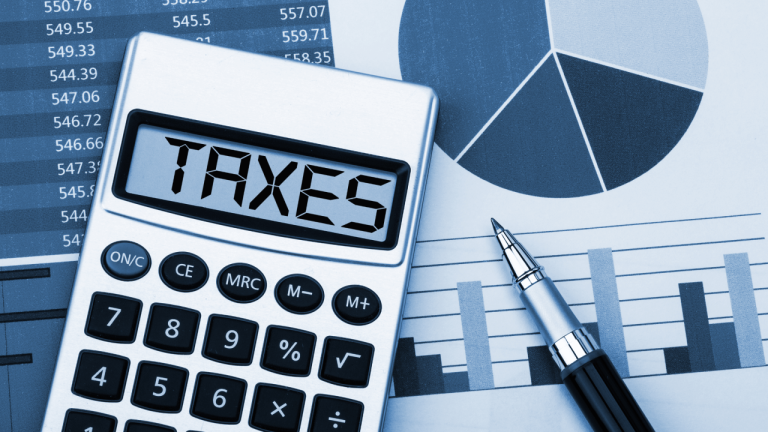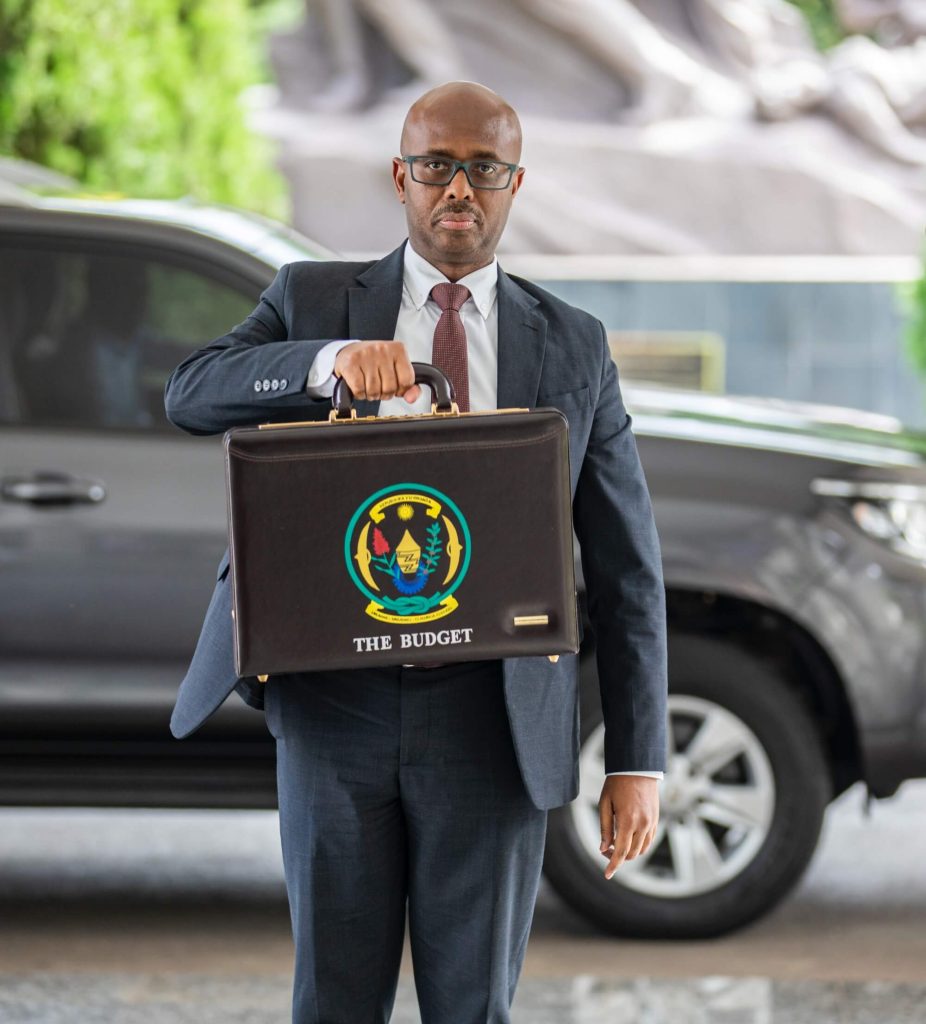
Overview
The Government of Rwanda has unveiled its 2025/2026 National Budget totaling Rwf 7.0325 trillion (approximately USD 4.8 billion). This marks a robust 21% increase from the 2024/2025 budget of Rwf 5.8164 trillion, reflecting the country’s firm commitment to accelerating economic transformation and sustainable development.
Rwanda’s economy grew by an impressive 8.9% in 2024, with growth projected to continue at an average annual rate of 7.1% between 2025 and 2027. This strong performance underscores Rwanda’s resilience, macroeconomic stability, and its position as one of Africa’s most promising investment destinations.
Macroeconomic Outlook
The Rwandan economy remains firmly anchored in stability and consistent growth. Inflation is expected to remain contained within the range of 5% to 7%, supported by prudent monetary and fiscal policies. The debt-to-GDP ratio is projected to remain sustainable and below the 65% threshold, ensuring continued fiscal health. The government remains committed to achieving middle-income status by 2035 and high-income status by 2050.
Rwanda has consistently ranked among Africa’s most business-friendly environments, according to the World Bank’s Doing Business indicators, with its efficient governance structures and investor-friendly policies forming the backbone of its economic agenda. The stable political climate, zero tolerance for corruption, and transparent regulatory environment continue to position Rwanda as an ideal location for long-term investment.
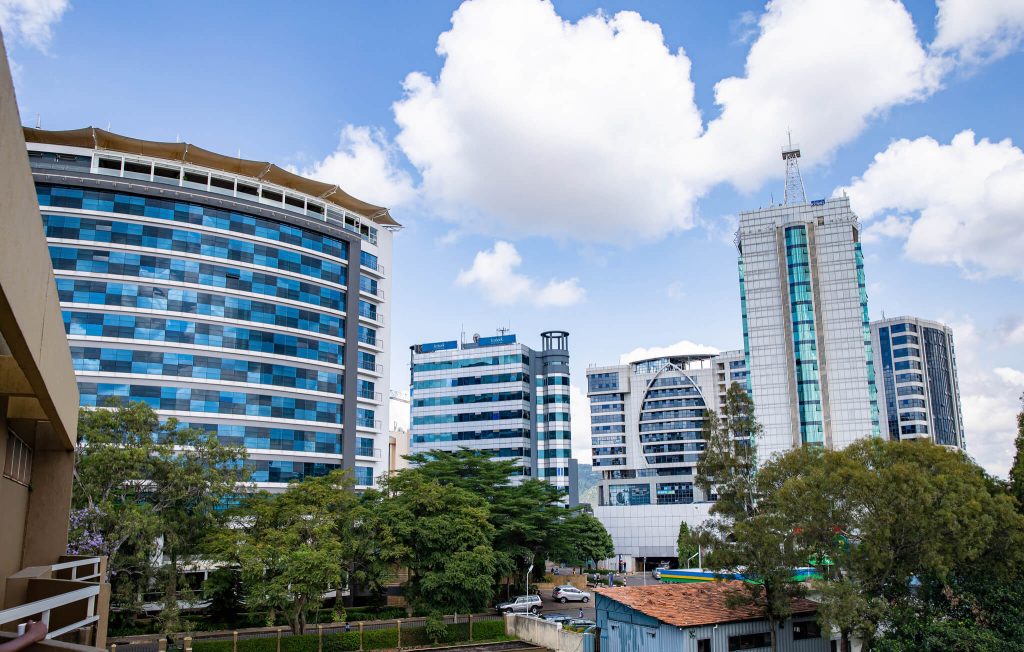
Revenue Mobilization and Fiscal Sustainability
The 2025/2026 budget is primarily financed through a combination of domestic revenues, foreign loans, and foreign grants. The government’s revenue strategy increasingly emphasizes self-reliance and fiscal maturity by expanding domestic revenue mobilization while carefully managing external borrowing.
| Revenue Source | Amount (Rwf) | Share of Budget |
| Domestic Revenue | 4.1052 trillion | 58.4% |
| – Tax Revenue | 3.628 trillion | – |
| – Non-Tax Revenue | 477.2 billion | – |
| Foreign Loans | 2.1519 trillion | 30.6% |
| Foreign Grants | 585.2 billion | 8.3% |
The significant share of domestic revenue underscores Rwanda’s strong institutional capacity in tax administration and its ability to generate local resources to finance national development, thereby reducing over-reliance on donor support.
Priority Expenditures and Sectoral Investment Opportunities
1. Infrastructure Development
Infrastructure development remains a flagship sector, receiving the largest share of the national budget. Key projects include the ongoing construction of the New Kigali International Airport, which is expected to serve as a premier regional aviation hub. Additionally, RwandAir continues its strategic fleet expansion, enhancing connectivity across Africa and beyond. Significant investments are also directed towards modernizing the national road network and developing regional railway corridors, facilitating seamless integration with the East African Community (EAC) and the wider COMESA trading bloc. Investment opportunities exist in public-private partnerships (PPPs) targeting transport, logistics hubs, and Special Economic Zones (SEZs), as well as airport management, airline partnerships, and cargo handling facilities.
2. Energy Sector
The government is substantially increasing investment in the energy sector to power its industrialization agenda. Rwanda targets universal electricity access by 2028, with a diversified energy mix that includes solar, hydro, methane gas, peat, and emerging renewable technologies. Investors have opportunities to participate as Independent Power Producers (IPPs), in grid infrastructure development, rural electrification solutions, and in off-grid and mini-grid renewable energy projects, especially in underserved communities.
3. Agriculture and Agri-business
Agriculture remains a vital pillar of Rwanda’s economy and a priority for investment. The government is scaling up mechanization, expanding irrigation systems, and promoting high-value crops such as coffee, tea, and horticultural products for export. Livestock development and aquaculture are also receiving increased attention. Opportunities exist across the entire agricultural value chain, including agro-processing, cold chain logistics, contract farming, value chain finance, and agri-tech solutions aimed at enhancing productivity and sustainability.
4. Industry, Manufacturing, and Trade
Rwanda’s industrialization strategy aims to accelerate light manufacturing and reduce dependency on imports. The development of industrial parks in locations such as Kigali, Bugesera, Nyabihu, and Huye supports this agenda, complemented by export promotion initiatives targeting key global markets through agreements like AGOA and the African Continental Free Trade Area (AfCFTA). Opportunities exist for investors in pharmaceuticals, textiles, construction materials, agro-processing, export financing, joint ventures, and technology transfer partnerships.
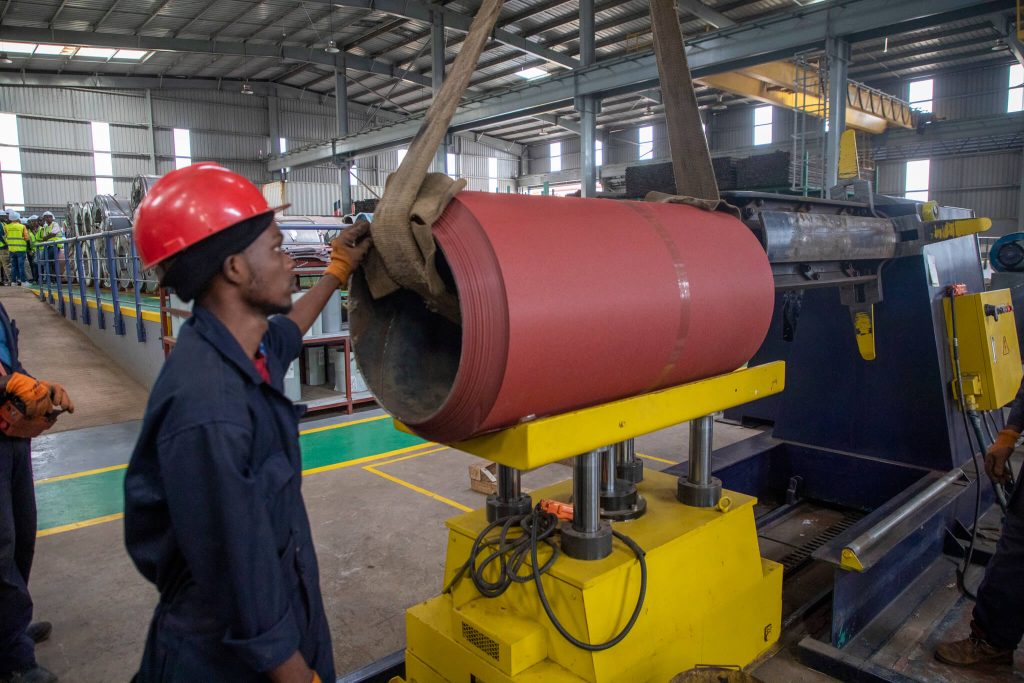
5. ICT and Innovation
Positioning itself as a regional technology hub, Rwanda is expanding investments in ICT and innovation. The Kigali Innovation City project seeks to establish Africa’s Silicon Valley, supported by the ongoing rollout of broadband infrastructure, including 4G and 5G networks, digital identity systems, and e-government platforms. Investment prospects include FinTech, EduTech, HealthTech, Artificial Intelligence, Business Process Outsourcing (BPO), venture capital partnerships, data centers, and startup accelerators.
6. Healthcare and Education
Healthcare and education remain central to Rwanda’s human capital development strategy. The government is committed to universal healthcare coverage, expansion of district hospitals, and adoption of telemedicine solutions. In education, the government is expanding Technical and Vocational Education and Training (TVET), emphasizing STEM fields, international academic partnerships, and digital learning platforms. Private sector opportunities exist in developing private hospitals, medical tourism facilities, healthcare technology platforms, international schools, vocational training institutes, and e-learning solutions.
7. Tourism, Sports, and Creative Industries
The government is actively developing tourism, sports, and the creative arts as engines of inclusive growth. Luxury eco-tourism, conference and business tourism (MICE), and national parks remain key priorities. Major investments are also being directed toward sports infrastructure, including BK Arena, golf tourism, and professional cycling circuits. The creative industries sector offers opportunities in film production, music, fashion, and cultural heritage exports. Investors are encouraged to explore hotel chains, eco-lodges, entertainment hubs, sports academies, and related infrastructure.
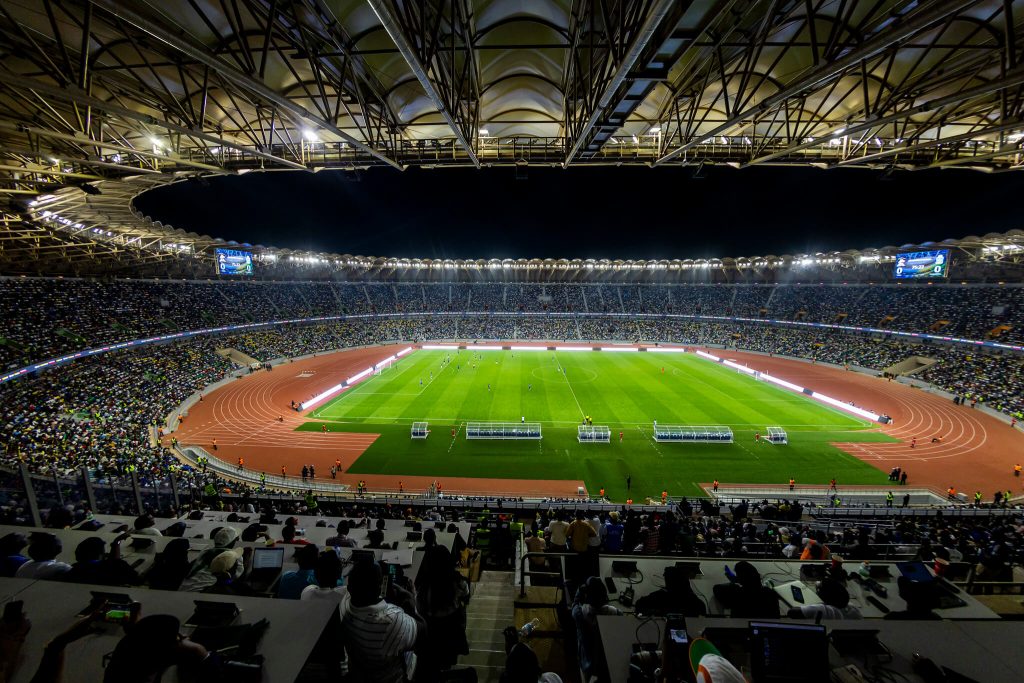
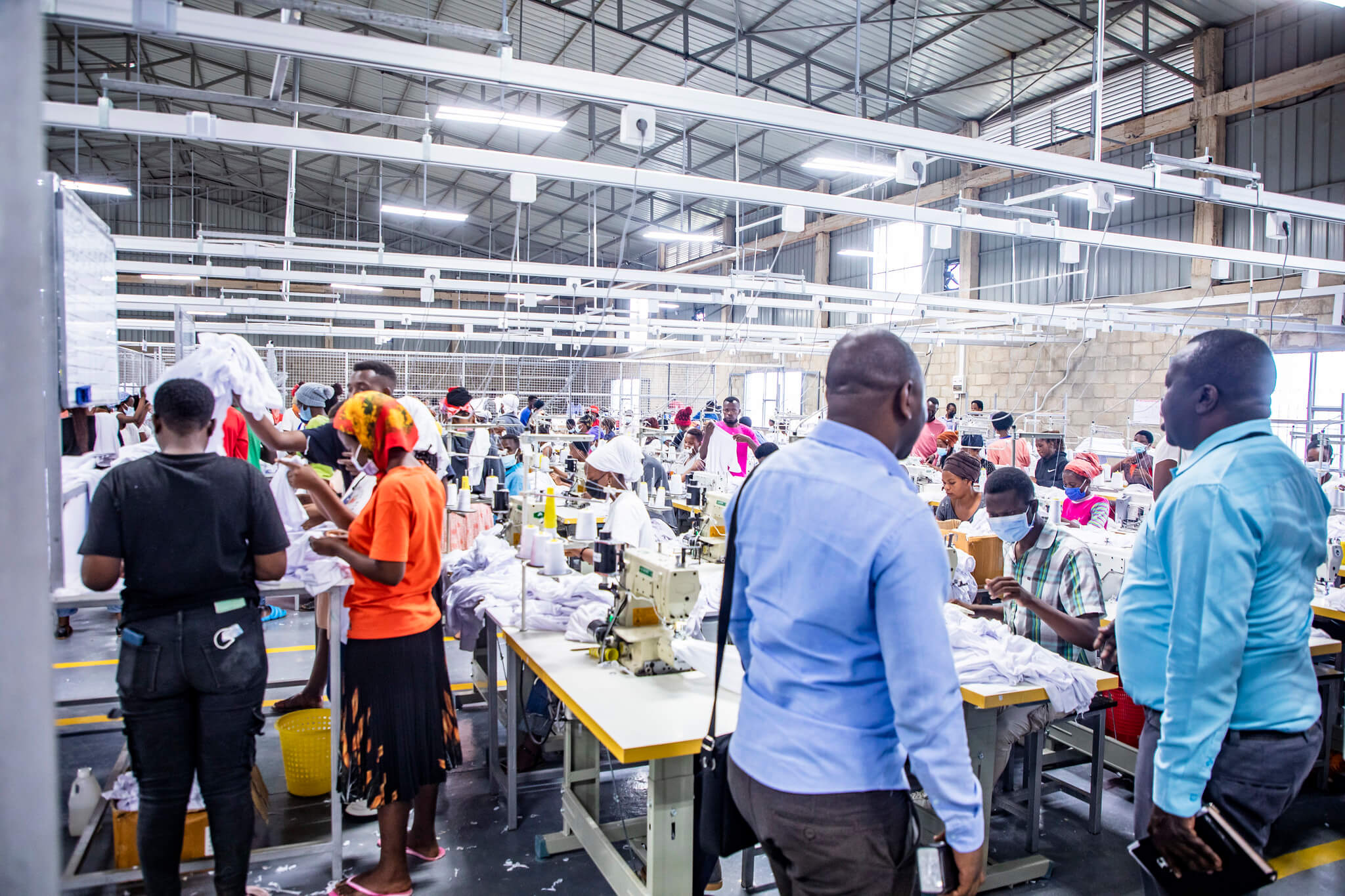
Strategic Priorities Under the National Strategy for Transformation (NST2)
Rwanda’s 2025/2026 budget is aligned with the second phase of its National Strategy for Transformation (NST2), which emphasizes four primary pillars: economic transformation through industrialization, private investment, and job creation; social transformation via enhanced education, healthcare, and financial inclusion; infrastructure development focusing on transport, energy, and housing; and environmental sustainability, ensuring climate resilience and disaster preparedness.
Risk Management and Mitigation Strategies
While Rwanda’s economic outlook remains positive, the government has identified key risks and developed corresponding mitigation strategies to ensure economic stability and investor confidence.
| Challenge | Mitigation Strategy |
| Global Price Volatility | Strategic reserves, diversified import sourcing |
| Climate Change | Increased green investments, climate-resilient infrastructure |
| External Financing Risks | Strengthened domestic revenue mobilization |
| Trade Barriers | Active engagement in regional agreements (AfCFTA, EAC, COMESA) |
Why Invest in Rwanda
Rwanda offers an exceptionally stable governance framework, full enforcement of investor protection laws, and permits 100% foreign ownership of businesses. Business registration is highly efficient and can be completed within 48 hours through the Rwanda Development Board (RDB). The country maintains a zero-tolerance policy on corruption, ensuring a predictable and transparent business environment. As a central gateway to the East African Community (EAC), investors in Rwanda enjoy access to a regional market exceeding 300 million consumers.
Call to Investors
The 2025/2026 National Budget reflects Rwanda’s unwavering dedication to sustainable growth, robust infrastructure development, private sector-led transformation, and an attractive legal framework for foreign direct investment. Rwanda stands as one of Africa’s most dynamic economies, offering long-term stability, growing regional integration, and a government fully committed to creating an enabling environment for investors. Now is the time to partner with Rwanda in unlocking the full potential of Africa’s next investment frontier.


